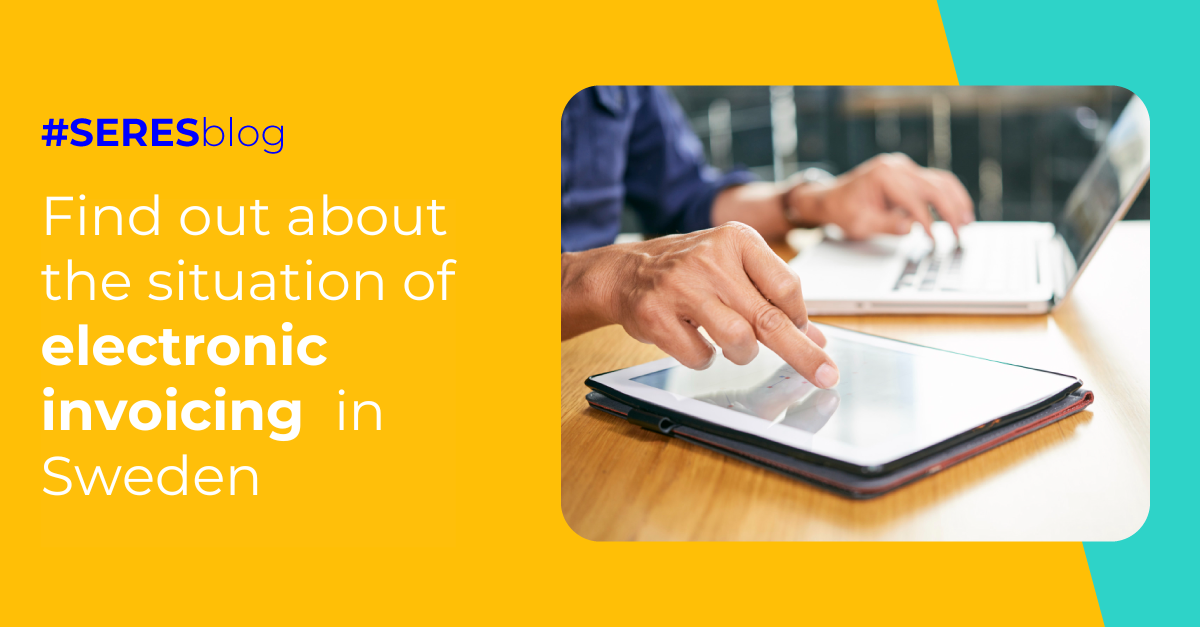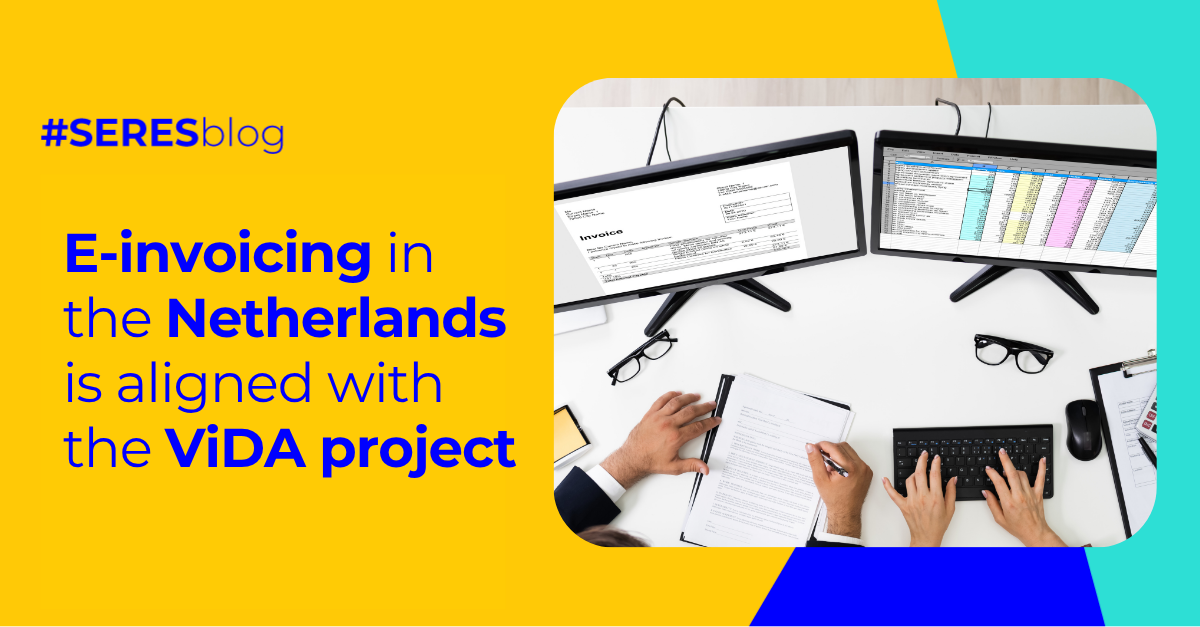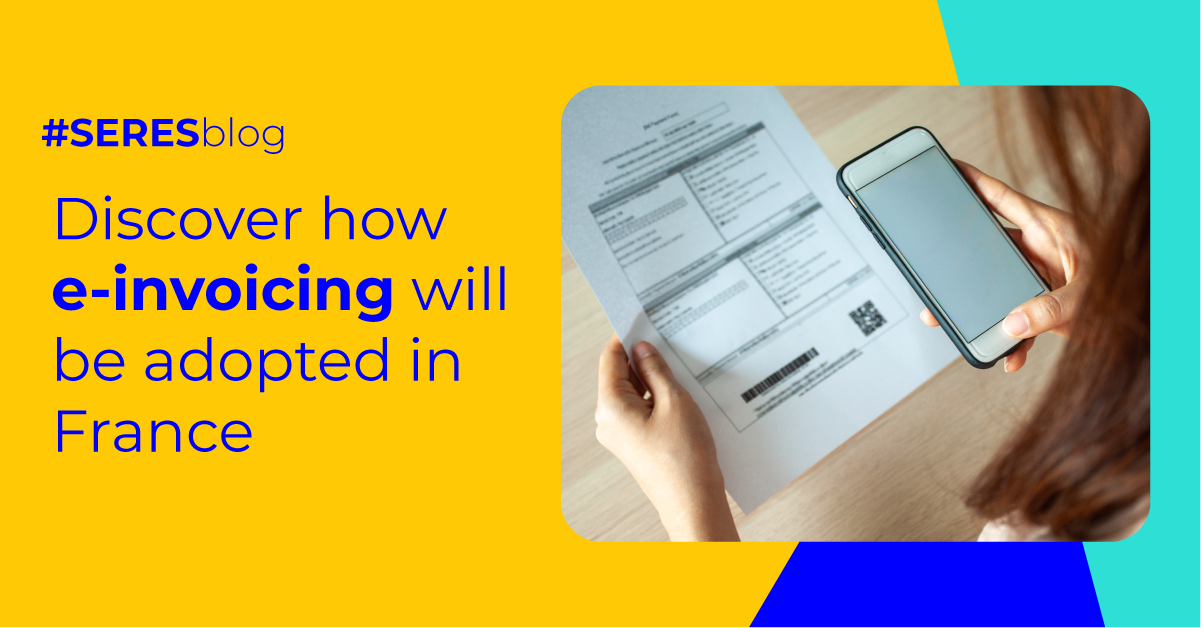Massification of e-invoicing in Romania
Since July 2024, the RO e-Factura electronic invoicing system, managed by ANAF, has been mandatory for most domestic B2B transactions. In January 2025, it was extended to B2C reporting.
However, Romanian authorities have approved an extension specifically for small businesses, because they understand that the system will be difficult for them to use.
If your company makes less than €500,000 a year, you won't have to follow all the rules about e-invoices until 1 July 2026.
On December 23, 2025, the Romanian government promulgated Government Emergency Ordinance 89/2025, which elucidates the electronic invoicing obligation in the country without introducing new burdens for taxpayers.
The primary objective of the initiative is to standardise the deadlines for transmission in both business-to-business (B2B) and business-to-consumer (B2C) transactions.
The following amendments are scheduled to come into effect in January 2026:
- The stipulated timeframe for the transmission of uniform documentation is five business days. It is imperative to note that both B2B and B2C electronic invoices must be transmitted within five business days of issuance.
- The present text concerns the notification of B2B invoices to entities not established for VAT purposes. Domestic B2B invoices issued to buyers without a registered office in Romania but with a tax identification number must be transmitted via the RO e-Factura system.
- An exemption is permitted for transactions within the scope of the intra-community. Existing electronic reporting obligations are clarified, without creating new obligations.
- The process of registering individual suppliers is a mandatory prerequisite for the establishment of a formal business relationship. Individual entrepreneurs are identified by their personal identification number (CNP) and are required to register with the Romanian Electronic Invoice Registry prior to commencing their economic activities. They are also obligated to comply with all electronic invoice transmission requirements from the moment of registration.
B2C e-invoicing in Romania
From 1 January 2025, businesses in Romania have to use e-invoices. From July, this will also apply to cultural organisations and organisations that work with the State.
A new law, government emergency ordinance no. 138/2024, says that if the person receiving the invoice does not have a tax identification code, the invoice can be issued using a code consisting of thirteen zero digits.
New services have been introduced in the B2C e-invoicing test environment to make sure the same response times are maintained for sending invoices related to B2B and B2G.
From March 2025, the new system for sending B2C e-invoices will be mandatory and software service providers will have to use it. The tax authorities have already published the necessary technical documents.
Romania will have to make its e-invoicing model the same as the EU's by 2035 as part of the digital reporting requirements and the Vat in the Digital Age proposals.
B2B e-invoicing in Romania
From 1 July 2022, businesses in Romania must use e-invoices for certain products, such as fruit and vegetables, alcohol, new construction, minerals, clothing, and footwear. These products are considered to be high tax risk.
Since January 2024, there has been a system in place for submitting invoices in real time. This system will continue to be used until 31 June. To comply with the regulations, e-invoices in Romania had to be submitted in XML format through the Romanian e-invoicing system (RO e-Invoice).
The following goods were added to the first group of taxpayers on 1 March 2024, according to the Emergency Ordinance 115/2023:
- Meat and edible organs.
- Fish, crustaceans and molluscs.
- Milk and milk products; birds' eggs; natural honey; and edible products of animal origin, not elsewhere specified or included.
- Unmanufactured tobacco, raw tobacco and tobacco refuse; other manufactured tobacco and tobacco substitutes; homogenised or reconstituted tobacco, tobacco extracts and essences.
- Tobacco products or substitutes for tobacco and/or nicotine, tobacco intended for inhalation without burning; and other nicotine-containing products intended for the absorption of nicotine in the human body.
From July 2024, the use of electronic invoices through the eFactură platform became mandatory. This means that paper invoices will no longer be accepted for tax purposes.
In Romania, the e-invoicing regime requires that invoices be sent to the government portal for authorisation. This can be done in CIUS_RO (UBL 2.1 or CIN) format. This will include basic checks to make sure the information and format of the e-invoice is correct.
However, this requirement will be removed from January 2026 to comply with the VAT in the digital age proposal of no government pre-checks from 2028.
Government Emergency Ordinance No. 138/2024 says that simplified invoices will be subject to the e-invoice regime in B2B transactions.
B2G e-invoicing in Romania
The new e-invoicing system was introduced in 2020 by the Ministry of Finance and the National Agency of Financial Administration (ANAF).
This was after the publication of Government Ordinance 120/2021, which developed the entire operational framework.On 17 December of that year, the government published Emergency Ordinance No. 130, which clarified the details of the new e-invoicing regime, including its scope and deadlines.
Then, on 17 May 2022, Law 139/2022 was published, which made B2G e-invoicing mandatory for all public administrations in the country.
Government Emergency Ordinance No. 138/2024 says that the RO e-invoice for all B2G transactions must include the CPV codes that correspond to the public procurement nomenclature.
How does the e-invoicing system work in Romania?
All invoices must be transmitted via the centralised RO e-Invoice platform and must be generated in UBL format, in accordance with the RO_CIUS standard. Prior to this, taxpayers are required to register on ANAF's online platform.
Subsequent to the electronic transmission of the invoice, the platform will assign an identification number to the invoice. The system will perform a series of validations on the documents, both syntactic and semantic. Once the invoice has been validated, the system will generate an automatic response.
If the validation is successful, the signature of the Ministry of Finance will be applied, thereby guaranteeing that no changes have been made to the content of the invoice.
Both issuers and recipients are required to retain electronic invoices for a minimum of 10 years, with the exception of invoices pertaining to capital goods, which must be retained for a period of 25 years.
In response to the concerns of taxpayers in the jurisdiction, the Ministry of Finance has implemented improvements to the national e-invoicing system. These modifications include the removal of the possibility of issuing duplicate invoices, which will be rejected outright, and the introduction of the option of self-invoicing.
Electronic tax reporting project in Romania
Since 2022, all Romanian companies, as well as foreign companies registered in Romania for VAT purposes, must report their tax and accounting information in SAF-T format.For this purpose, a schedule has been established according to the type of taxpayer:
- Large taxpayers: From 1 January 2022.
- Companies classified as large taxpayers as of 2022: From 1 July 2022.
- Medium-sized taxpayers: From 1 January 2023.
- Small taxpayers: From 1 January 2025.
- New taxpayers: From the date they register.



